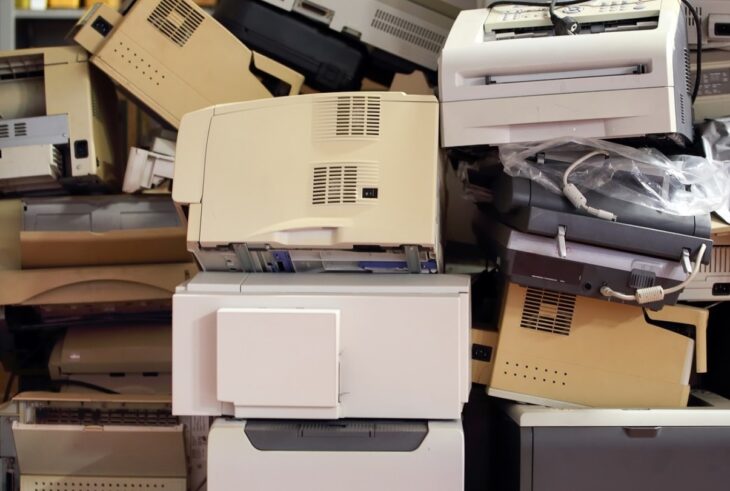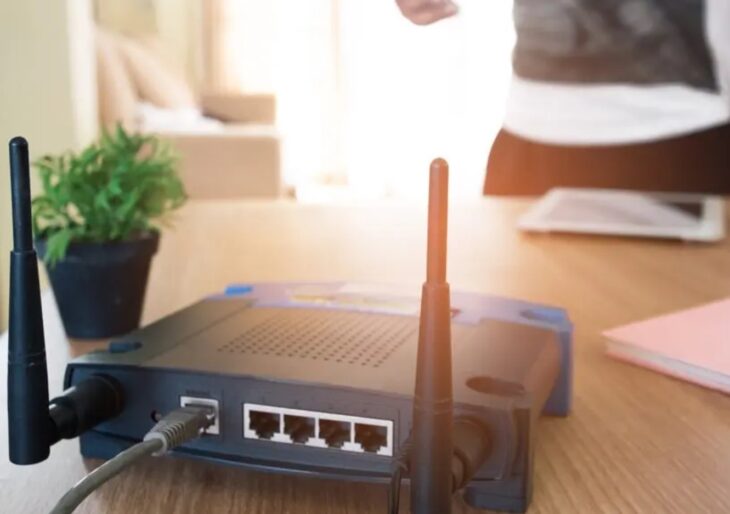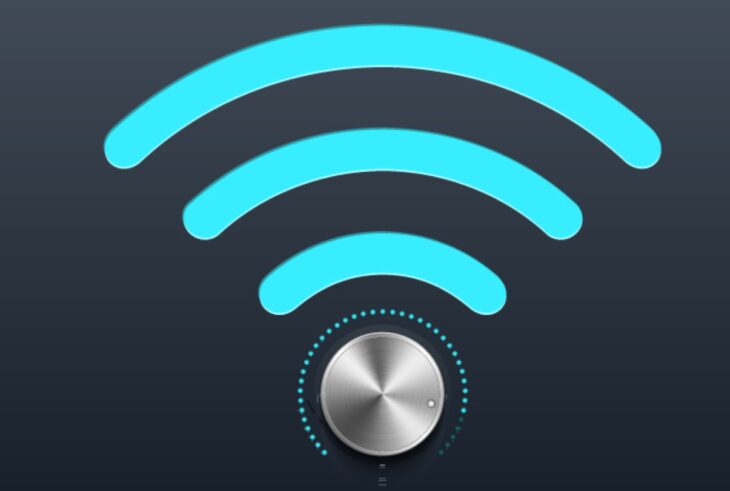Not having an internet connection is a problem, but not being able to use it properly despite having good internet is a bigger frustration.
Imagine being on a video call with a client or enjoying a movie night with family, and the internet slows down somewhere in the middle. That would be super frustrating.
And if that happens with a business connection, you or your organization might end up losing a good amount of money.
So, it is important to identify the cause behind this problem and fix it as soon as possible.
To help you with that, we have identified some of the most common reasons that can slow down your internet. And the good news is that these can be fixed easily.
In this guide, we will have a look at these 5 most common things that can slow down your internet connection and affect all the connected devices on the network.
Contents
1. Outdated Equipment

Source: Business News Daily
Have internet services for several months but suddenly facing the speed drop issue? Your equipment might be the problem here.
Internet equipment such as modem and router get worn out after some time due to heat build-up and regular wear and tear. It affects the router’s speed to handle traffic and slows it down. Moreover, the technology keeps upgrading, and if you are stuck with the same equipment, it means you are missing out on opportunities to get a stable and reliable connection.
In other words, if you use the same router for a long time, its performance is bound to decrease.
Besides that, the wires with broken copper in them and can really hurt your internet connection. So, if you are using wires that are damaged, broken, or have bends in them, consider replacing them as soon as possible.
2. Router’s Location

Source: Shultz Audio Video
We don’t give much thought while setting up our internet equipment and tend to plug it in any outlet where it is the most convenient for us.
However, this can create several problems and affect your internet speed. For instance, if the router is placed without giving it proper thought, you might not be able to get good signals in many areas of the house.
Secondly, wrong placement might mean that the signals have to pass through several objects such as walls and appliances. It will affect the signal strength and in turn, hurt your internet speed.
Along with that, the distance between the router and the device would create problems in the user experience as the signal would be weaker due to distance, and the speed would not be as good as it should be.
So, always consider the location of your router before setting up your internet services. Do not try to hide your router in cabinets or behind stuff just because it doesn’t match your interior or looks odd.
3. Malware

Source: staysafeonline.org
At times, the internet speed is not the same across all devices. Where some devices are working perfectly fine, one or two might not even load a single page.
That is a sign of malware or a virus.
We usually open questionable websites or links without any verification. After doing that, it automatically starts opening several new tabs on the system and redirects to downloads that you never even intended to do.
These are simple and can be avoided by closing all the tabs or restarting the system. But sometimes, the malware stays in the system and keeps on operating in the background.
In doing so, it consumes a lot of processing power and slows down even the simplest of operations, such as, opening a web page.
In such a situation, run your anti-virus software to block such harmful files.
Moreover, use a secure internet connection by signing up with service providers that offer internet security.
For instance, HughesNet internet offers Norton security software for its customers to protect their devices and keep them safe. You can find more details about it via https://www.localcabledeals.com/hughesnet/internet.
If things don’t work out, get it checked by an expert and make sure that there is no malware or harmful software that is affecting your system.
4. Wireless Signal Interference

Source: PCMag
We now live in a world that relies a lot on wireless signals. From the cellphone towers to simple electronic devices, everything is using some sort of signals.
Although all of these operate on different frequencies from each other, the noise in the atmosphere can affect your Wi-Fi signals and result in slower speeds.
That is more likely to happen if the equipment that you are using is outdated. Since the signals are already weak due to that, they get affected easily, even by the microwave radiations.
A simple solution to this problem is to place your router at a place that is not surrounded by such devices. Moreover, if you are a technical person, change your router’s channel as well.
That will help in avoiding any interference from other devices and offer you a better speed.
5. Network Congestion

Source: KnowTechie
If your internet works well during the day but slows down after the evening or during specific hours, you might be facing network congestion.
Our internet network can accommodate a specific number of users at a time. When everyone is online, and the bandwidth limit is reached, it slows down your internet connection. So, the more devices are connected, and the internet is being used, the slower your internet will be.
Although this issue has reduced significantly compared to the past few years, it still exists. Whenever everyone in your neighborhood is online, your internet speed will go down.
And the only way to avoid it is not using internet services during such hours and scheduling everything for other times.
